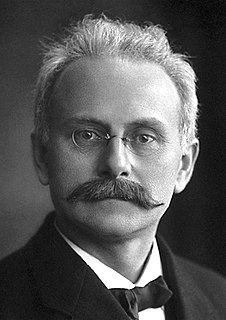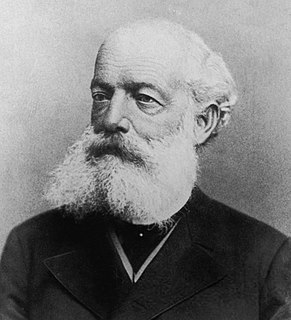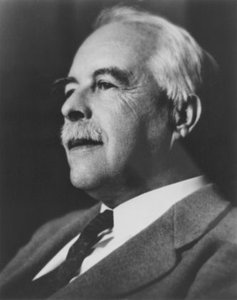A Quote by William Crookes
It can scarcely be denied that the fundamental phenomena which first led mankind into chemical inquiries are those of combustion.
Related Quotes
The physiological combustion theory takes as its starting point the fundamental principle that the amount of heat that arises from the combustion of a given substance is an invariable quantity-i.e., one independent of the circumstances accompanying the combustion-from which it is more specifically concluded that the chemical effect of the combustible materials undergoes no quantitative change even as a result of the vital process, or that the living organism, with all its mysteries and marvels, is not capable of generating heat out of nothing.
It would appear... that moral phenomena, when observed on a great scale, are found to resemble physical phenomena; and we thus arrive, in inquiries of this kind, at the fundamental principle, that the greater the number of individuals observed, the more do individual peculiarities, whether physical or moral, become effaced, and leave in a prominent point of view the general facts, by virtue of which society exists and is preserved.
The question whether atoms exist or not... belongs rather to metaphysics. In chemistry we have only to decide whether the assumption of atoms is an hypothesis adapted to the explanation of chemical phenomena... whether a further development of the atomic hypothesis promises to advance our knowledge of the mechanism of chemical phenomena... I rather expect that we shall some day find, for what we now call atoms, a mathematico-mechanical explanation, which will render an account of atomic weight, of atomicity, and of numerous other properties of the so-called atoms.
In one important sense, Marxism is a religion. To the believer it presents, first, a system of ultimate ends that embody the meaning of life and are absolute standards by which to judge events and actions; and, secondly, a guide to those ends which implies a plan of salvation and the indication of the evil from which mankind, or a chosen section of mankind, is to be saved.
In real science a hypothesis can never be proved true...A science which confines itself to correlating phenomena can never learn anything about the reality underlying the phenomena, while a science which goes further than this and introduces hypotheses about reality, can never acquire certain knowledge of a positive kind about reality; in whatever way we proceed, this is forever denied us.
Now I must take you to a very interesting part of our subject-to the relation between the combustion of a candle and that living kind of combustion which goes on within us. In every one of us there is a living process of combustion going on very similar to that of a candle, and I must try to make that plain to you. For it is not merely true in a poetical sense-the relation of the life of man to a taper; and if you will follow, I think I can make this clear.







































